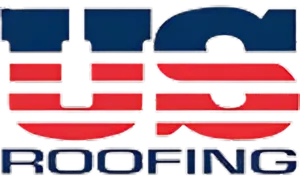Granule loss is usually a result of normal weathering. After a mild storm, you may find some granules in your gutters or outside your home. Excessive granule loss, however, is a pressing matter that needs to be addressed. It means that your asphalt shingles are old, weak or damaged. Trusted residential and commercial roofing company US Roofing talks more about this below.

When Granule Loss Is a Sign to Replace Your Roof
A telltale sign of severe granule loss is water leaks. When your roof is balding due to an excessive loss of protective granules, it becomes more susceptible to tearing, allowing rainwater to seep into your roofing structure. Check for dark-colored stains and streaks in your attic and interior walls to confirm the presence of leaks.
When you see sunlight peeking through the attic in the summer months, it may also be an indication of granule loss as it is a clear sign that there are gaps in the roofing membrane. At this point, it would be best to call a roofer to inspect and replace your roof. If you see a notable increase in your utility bills, it may also be caused by a balding roof. Asphalt granules ward off ultraviolet rays and extreme temperatures. Without them, your residential roofing does not stand a chance against deterioration.
Common Causes of Granule Loss
- While keeping your roof clean is essential for its upkeep, removing algae and moss using a power washer is not advisable. The strong pressure of water can knock granules loose and wash them into your gutters.
- Trees are great for providing much-needed shade, but their limbs can scrape your granule-coated shingles, causing the granules to get scratched off over time.
- Some of the leading causes of extensive granule loss are hail and storm damage. Having your roof inspected after an intense weather event can help you detect potential issues before they wreak havoc on your home.
For top-quality asphalt shingle roof installation, US Roofing is the name to trust. We also offer seasonal roof jobs, such as snow removal and spring maintenance. Call us at (978) 532-6300 or fill out our contact form to get in touch with our team.
